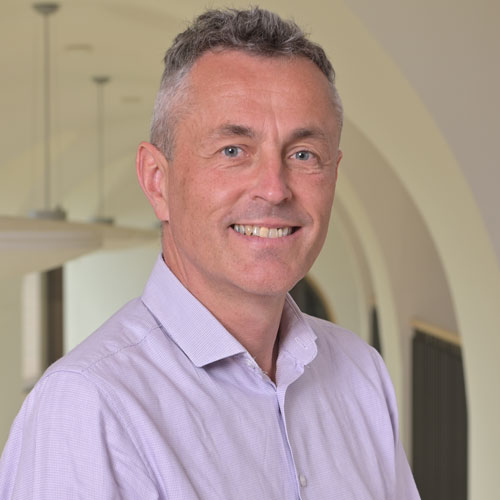We often hear about medical research in the news, but how many of those headlines have become real treatments when we need them? Professor Neil Hanley, Head of the College of Medicine and Health and Pro-Vice-Chancellor, explains how Birmingham is converting laboratory studies into treatments that could save lives.
 Neil said: 'Our goal at Birmingham is to rapidly and rigorously turn medical science into new and better treatments for patients, with fewer side-effects. Right now, in laboratories and clinics across the campus, researchers are working on treatments and cures that could save lives across the globe.
Neil said: 'Our goal at Birmingham is to rapidly and rigorously turn medical science into new and better treatments for patients, with fewer side-effects. Right now, in laboratories and clinics across the campus, researchers are working on treatments and cures that could save lives across the globe.
‘Our researchers are working to bridge the gap between scientific discoveries in the laboratory to application in clinical practice, to improve patient care.
'One example of this is the use of vaccine developments accelerated by the pandemic to treat pancreatic cancer – one of today’s deadliest and most aggressive cancers.
‘Translating groundbreaking fundamental discoveries to improve human health is no easy task. We need to take the research through so many steps to ensure it works and is safe, from early proof-of-principle, through pre-clinical evaluation, to clinical trials and clinical adoption. But it is worth it to deliver new medicines and treatments, early diagnosis, cures or prevention.
‘Thank you to all the alumni, trusts, foundations and friends who are supporting research like this at Birmingham. You are literally helping save and improve lives - we couldn’t do it without you.’